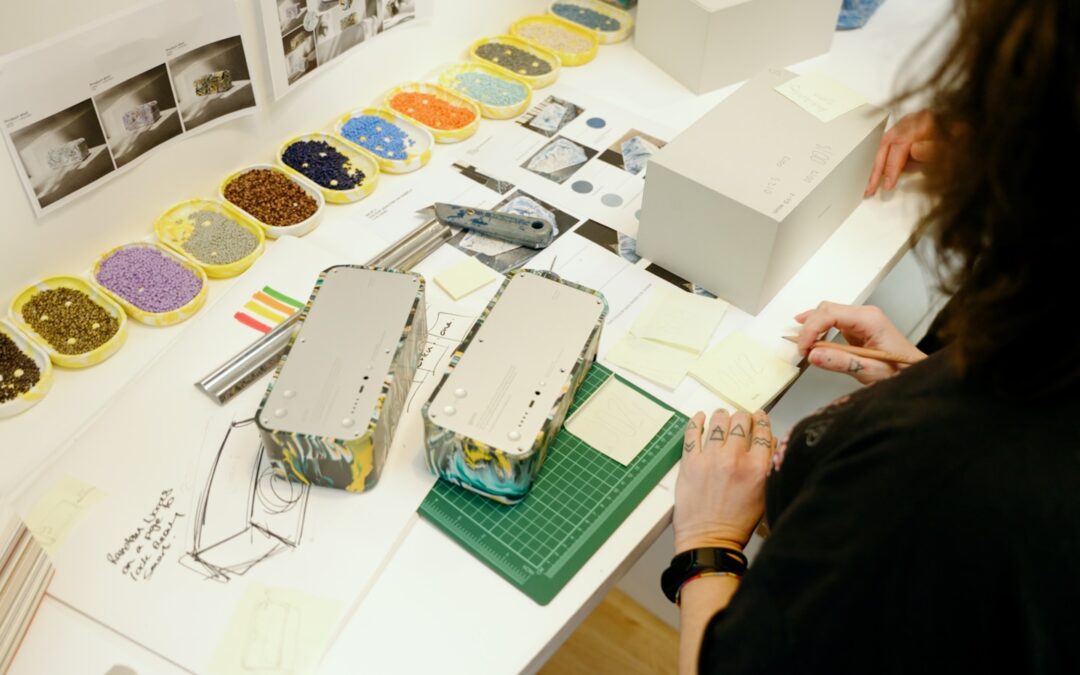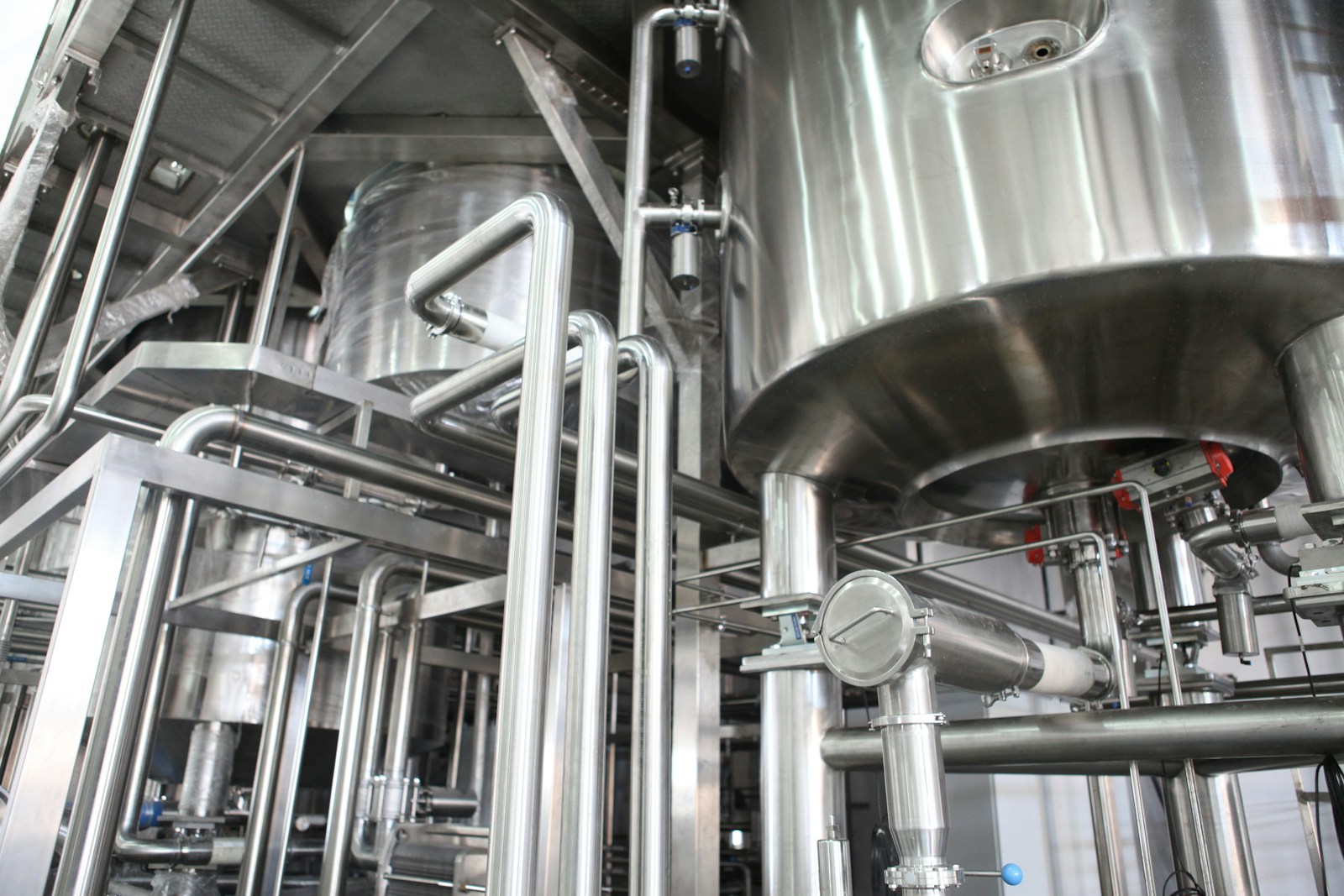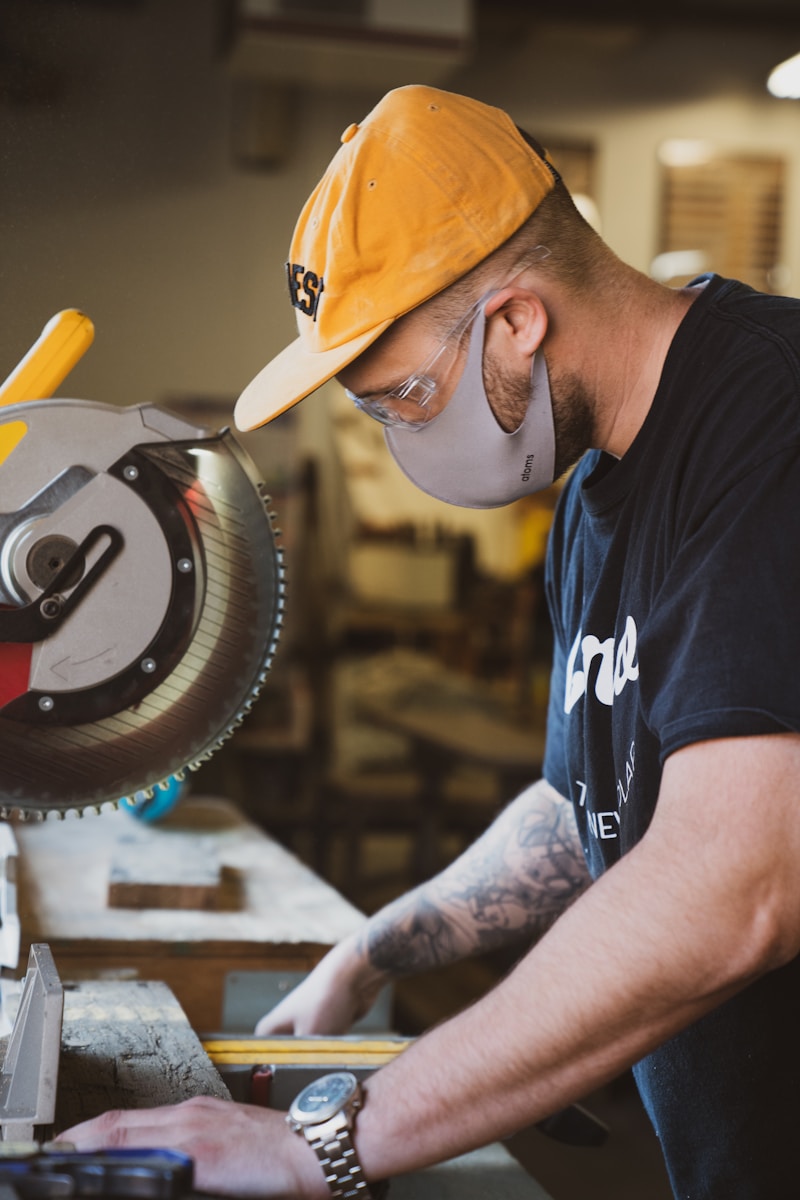The Impact of the Industrial Internet of Things (IIoT) on Manufacturing Processes and Operations
Introduction to IIoT in Manufacturing
The Industrial Internet of Things (IIoT) is transforming manufacturing processes and operations by leveraging connected devices, advanced data analytics, and automated systems to optimize efficiency and productivity. In regions like Saudi Arabia and the UAE, where the industrial sector plays a pivotal role in economic growth, IIoT is emerging as a key enabler of digital transformation. By integrating IIoT technology, manufacturers can enhance visibility across the production line, streamline operations, and make data-driven decisions that improve overall performance.
In Dubai, leading manufacturers have adopted Industrial Internet of Things (IIoT) solutions to connect machinery, equipment, and sensors throughout their production facilities. This connectivity allows for real-time monitoring of operational data, such as equipment performance, energy consumption, and production output. By analyzing this data, manufacturers can identify inefficiencies, predict equipment failures, and implement corrective actions before issues escalate. For example, predictive maintenance enabled by IIoT can significantly reduce downtime by alerting maintenance teams to potential problems early, ensuring that equipment is serviced proactively rather than reactively.
Riyadh’s industrial sector is also at the forefront of IIoT adoption, driven by Saudi Arabia’s Vision 2030 initiative to modernize and diversify the economy. Manufacturers in Riyadh are utilizing IIoT to enhance supply chain management, improve product quality, and optimize resource utilization. By deploying smart sensors and advanced analytics, these firms can monitor raw material usage, track product movement, and ensure that production processes adhere to quality standards. The success of these initiatives demonstrates the transformative potential of IIoT in shaping the future of manufacturing in Saudi Arabia and the UAE.
Enhancing Operational Efficiency and Productivity
One of the primary benefits of the Industrial Internet of Things (IIoT) in manufacturing is its ability to enhance operational efficiency and productivity. Traditional manufacturing processes often rely on manual interventions, static production schedules, and periodic equipment checks, which can result in inefficiencies and downtime. IIoT addresses these challenges by providing continuous, real-time insights into every aspect of the production process, allowing manufacturers to optimize operations dynamically.
For instance, in Dubai, manufacturers use IIoT sensors to monitor critical parameters such as temperature, humidity, and pressure in real time. This data is then analyzed to identify patterns and anomalies that could indicate potential issues. By addressing these issues promptly, manufacturers can maintain optimal production conditions, reduce waste, and ensure consistent product quality. Additionally, IIoT enables dynamic production scheduling by adjusting workflows based on real-time demand and resource availability, further enhancing productivity.
Moreover, IIoT is transforming manufacturing processes and operations by automating routine tasks and minimizing human intervention. In Riyadh, industrial firms leverage IIoT to automate inventory management, track the movement of goods, and manage warehouse operations. Automated systems equipped with IIoT sensors can reorder supplies, allocate resources, and adjust inventory levels based on real-time data, reducing the need for manual checks and improving inventory accuracy. This automation not only frees up valuable human resources but also reduces errors, lowers costs, and speeds up production cycles.
Improving Predictive Maintenance and Reducing Downtime
Another critical advantage of IIoT in manufacturing is its ability to improve predictive maintenance and reduce downtime. Equipment failures and unplanned maintenance are significant challenges for manufacturers, leading to costly disruptions and lost productivity. IIoT addresses these challenges by enabling predictive maintenance strategies that rely on real-time data and advanced analytics to anticipate equipment failures before they occur.
In Saudi Arabia, manufacturers use IIoT sensors to continuously monitor equipment conditions, such as vibration, temperature, and lubrication levels. When these parameters deviate from normal ranges, the IIoT system generates alerts, prompting maintenance teams to investigate and address the issue before it escalates into a major problem. This proactive approach to maintenance reduces the frequency of unplanned downtime, extends the lifespan of equipment, and optimizes maintenance schedules, ensuring that assets are serviced only when necessary.
Furthermore, IIoT’s impact on manufacturing processes and operations extends to asset management and utilization. In Dubai, manufacturers use IIoT technology to track asset performance and utilization rates across the production line. By analyzing data from connected devices, firms can identify underperforming assets, adjust production schedules, and optimize asset usage to maximize productivity. This data-driven approach allows manufacturers to make informed decisions about equipment investments, replacements, and upgrades, ensuring that resources are allocated efficiently and aligned with strategic goals.
Strategic Approaches to Implementing IIoT in Manufacturing
Developing a Comprehensive IIoT Strategy for Industrial Transformation
To fully capitalize on the benefits of the Industrial Internet of Things (IIoT), manufacturers must develop comprehensive strategies that align with their broader business objectives. For industrial leaders in Saudi Arabia and the UAE, this involves investing in advanced IIoT technologies, fostering collaboration between IT and operational teams, and creating a culture that supports innovation and continuous improvement. A successful IIoT strategy should begin with a clear assessment of the firm’s operational challenges and the identification of key areas where IIoT can deliver the most impact.
One critical aspect of developing an effective IIoT strategy is ensuring data integration and security. With a vast network of connected devices generating extensive amounts of data, achieving seamless communication and integration across different platforms is essential for optimizing operations. By adopting standardized protocols and investing in robust cybersecurity measures, manufacturers can protect their IIoT systems from cyber threats while ensuring the accuracy and reliability of their data. In Riyadh, efforts to implement secure, interoperable IIoT networks have been instrumental in advancing the city’s industrial transformation initiatives, enabling improved decision-making and operational efficiency.
Additionally, engaging with technology partners and industry experts is crucial for the successful implementation of IIoT in manufacturing. By collaborating with IIoT solution providers and leveraging their expertise, manufacturers can customize their IIoT systems to suit their specific operational needs. In Dubai, partnerships with leading IIoT companies have enabled industrial firms to deploy state-of-the-art solutions that address the unique challenges of their industry, enhancing both productivity and competitiveness.
The Role of Executive Coaching in Advancing IIoT Initiatives
Executive coaching can play a pivotal role in helping business leaders and operations managers navigate the complexities of implementing IIoT solutions. As digital transformation accelerates across Saudi Arabia and the UAE, executives must stay informed about the latest advancements in IIoT technology and their potential impact on manufacturing operations. Coaching services tailored to the specific needs of regional leaders can provide valuable insights and strategies for driving successful IIoT initiatives.
Through executive coaching, leaders can develop a deeper understanding of how IIoT can be leveraged to achieve the firm’s strategic objectives. This knowledge allows them to make more informed decisions about technology investments, resource allocation, and organizational change, ensuring that their initiatives are aligned with the broader goals of operational excellence. By fostering a culture of innovation and continuous improvement, executive coaching can empower leaders to lead their organizations through the transformative journey of adopting IIoT solutions.
Moreover, executive coaching can support leaders in building the necessary skills to manage cross-functional teams responsible for IIoT projects. Effective leadership is essential for navigating the challenges of integrating new technologies into existing systems while maintaining a strong focus on performance and efficiency. With the right coaching and support, executives in Dubai, Riyadh, and other key industrial hubs can confidently lead their organizations through the complexities of IIoT management and digital transformation.
Conclusion: The Future of IIoT in Manufacturing
In conclusion, the Industrial Internet of Things (IIoT) is transforming manufacturing processes and operations by enhancing efficiency, reducing costs, and improving competitiveness in Saudi Arabia, the UAE, and beyond. By leveraging the power of IIoT technology, manufacturers can connect their operations, optimize performance, and make data-driven decisions that drive industrial growth. As digital transformation continues to unfold, the adoption of IIoT solutions will play a crucial role in shaping the future of manufacturing.
For business executives, mid-level managers, and operations leaders, understanding the potential of IIoT is essential for driving innovation and achieving long-term success. By investing in comprehensive IIoT strategies, fostering a culture of collaboration and data-driven decision-making, and leveraging executive coaching services, industrial firms can navigate the complexities of this emerging field and build a future-ready operation that leads in the era of smart manufacturing.
—
#IIoTInManufacturing, #SmartManufacturing, #DigitalTransformation, #IndustrialAutomation, #SaudiArabiaIndustry, #UAEInnovation, #IndustrialIoT, #LeadershipDevelopment, #TechIntegration, #OperationalExcellence









